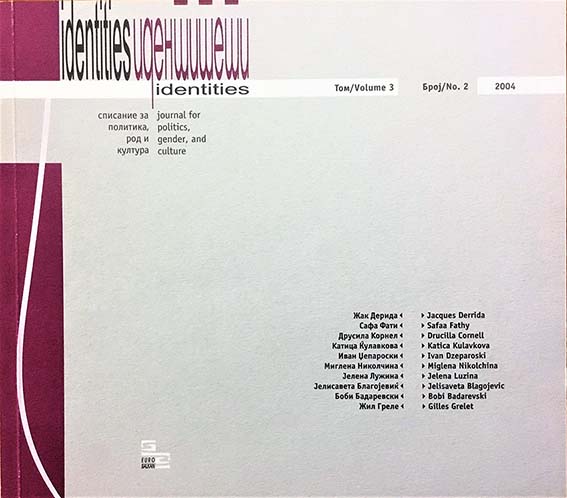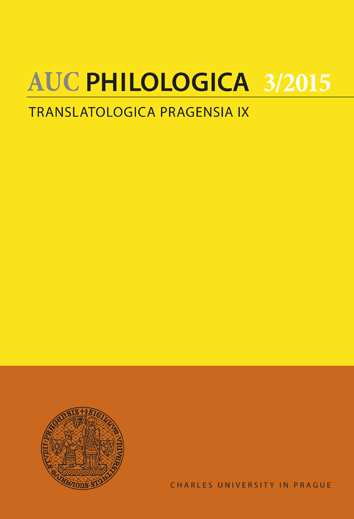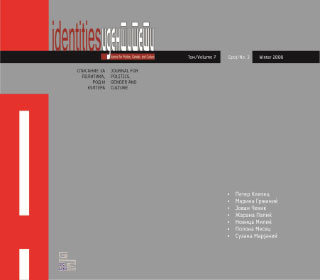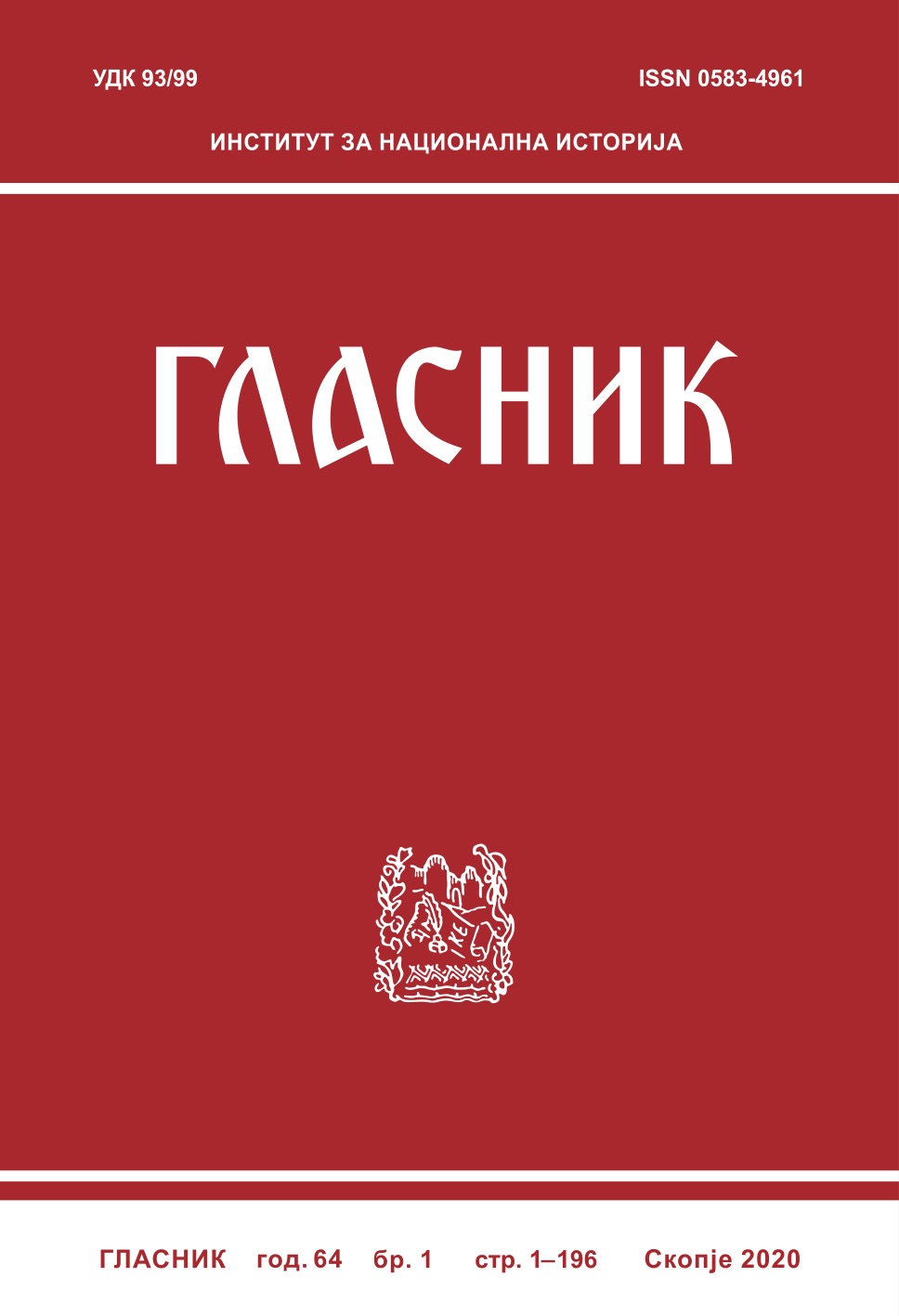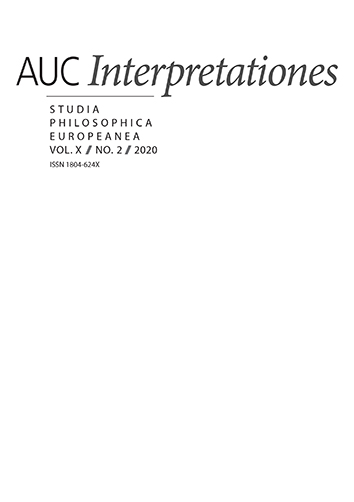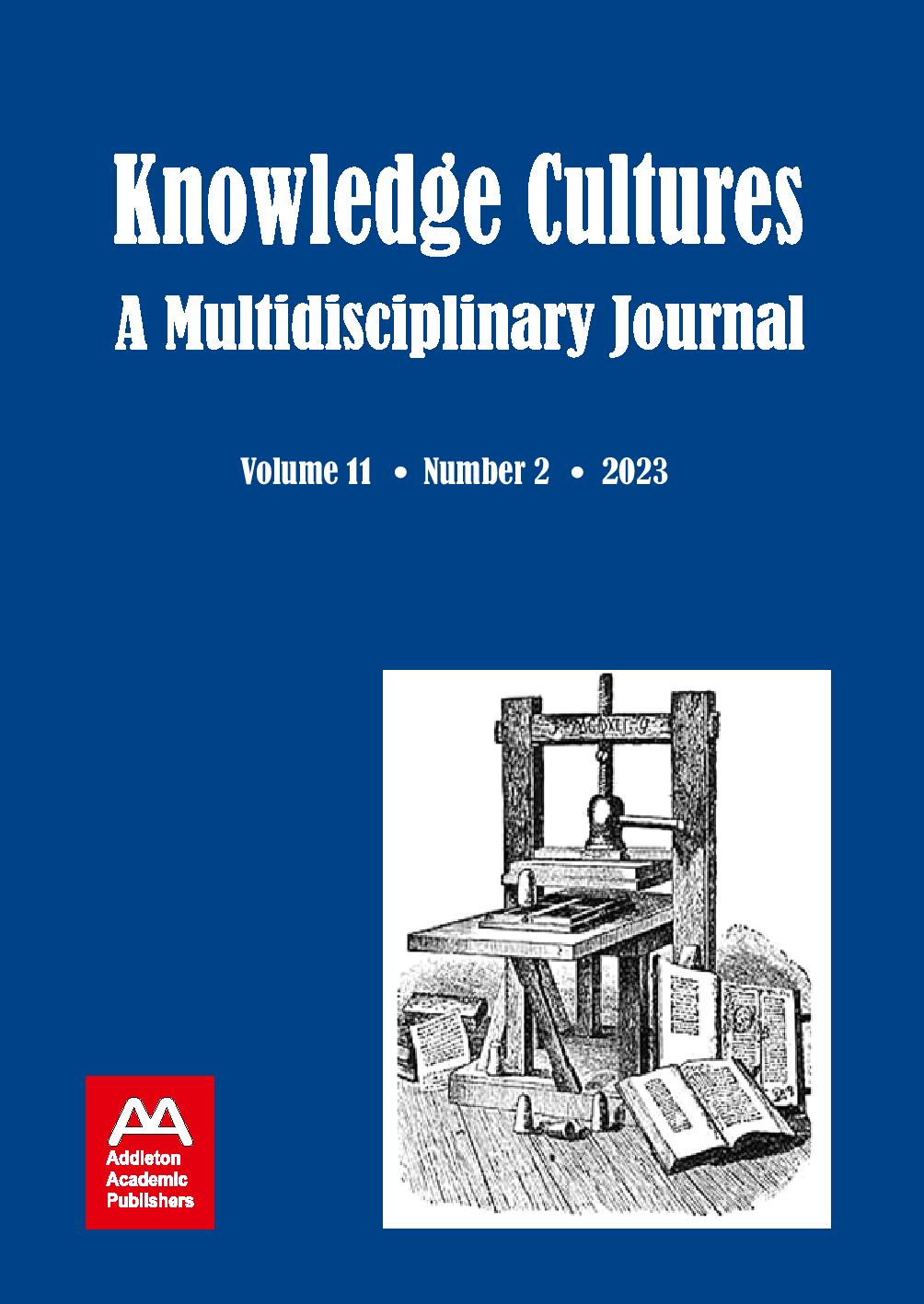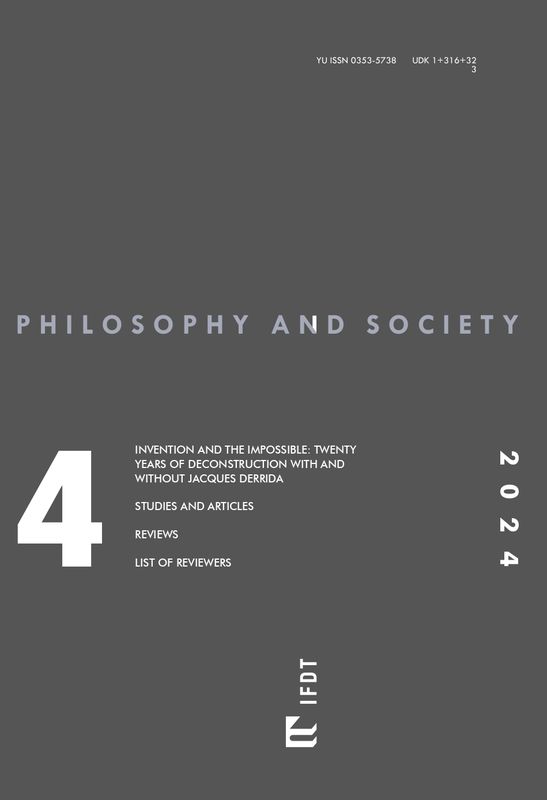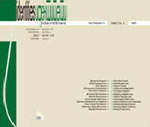
The End of the Affair: Writing as a Labour of Pharmakon
Neil Jordan's movie .The End of the Affair. starts with writing; the writing of a diary. Maurice Bendrix, writer, is typing: „This is a diary of hate. or perhaps, I wouldn't be writing this if I had known whom I hated. Was it Henry? Was it his wife Sara? Or was it some other who was yet to be revealed to me?“
More...
